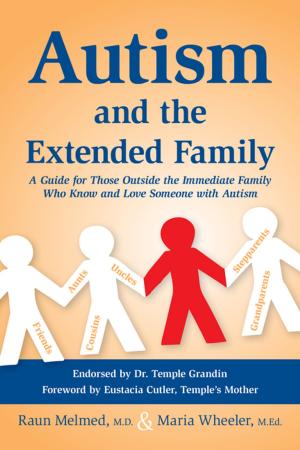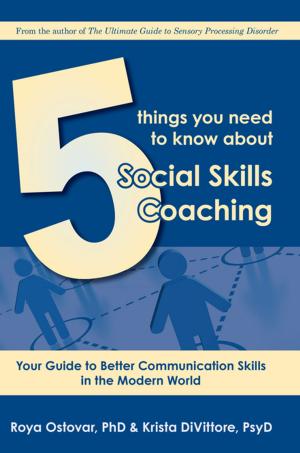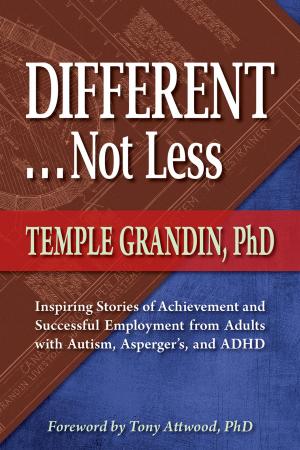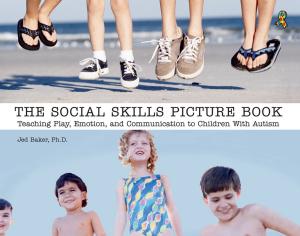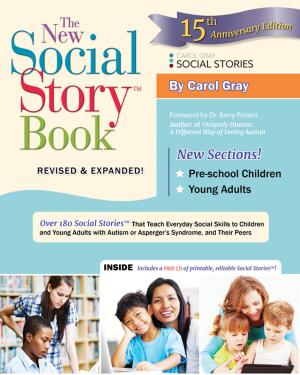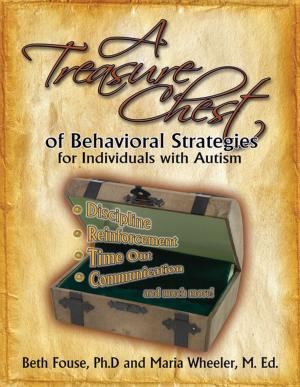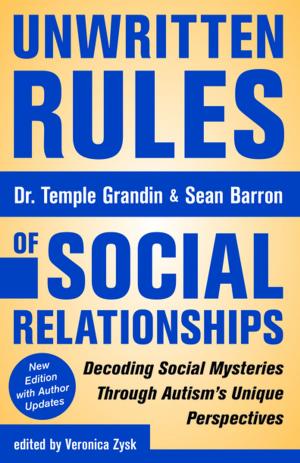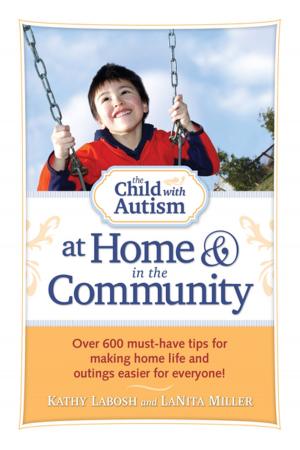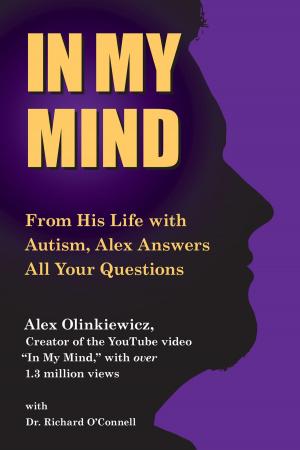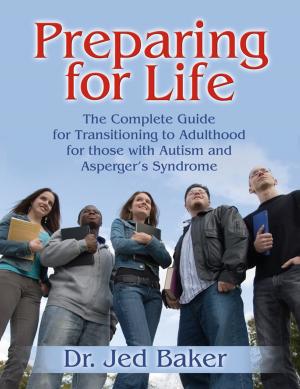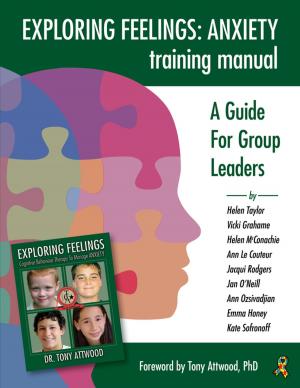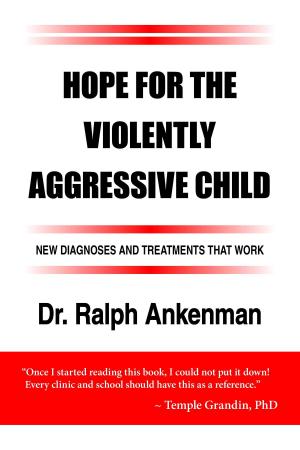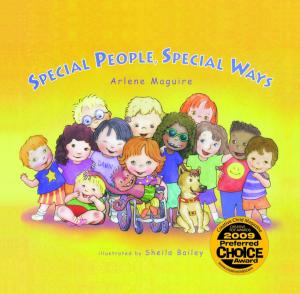We Said, They Said
50 Things Parents and Teachers of Students with Autism Want Each Other to Know
Nonfiction, Reference & Language, Education & Teaching, Special Education, Learning Disabled, Family & Relationships| Author: | Cassie Zupke | ISBN: | 9781935274957 |
| Publisher: | Future Horizons | Publication: | August 15, 2013 |
| Imprint: | Future Horizons | Language: | English |
| Author: | Cassie Zupke |
| ISBN: | 9781935274957 |
| Publisher: | Future Horizons |
| Publication: | August 15, 2013 |
| Imprint: | Future Horizons |
| Language: | English |
When parents and educators fight, our kids lose. So why are good, reasonable parents and skilled, compassionate educators locked in battle? After listening to hundreds of parents, teachers and school administrators, Cassie Zupke found the answer. Although the demands of educating a child with autism forces parents and educators to work closely together, their ability to function as a team is often hampered by their lack of understanding of each other’s motivations and limitations. This creates an environment of mistrust, frustration and fear that can turn a classroom into a war zone. We Said, They Said: 50 Things Parents and Teachers of Children with Autism Want Each Other to Know voices what parents and educators want to say to each other, but don’t. It explains why they do what they do. It helps fill the chasms of misunderstanding that breed assumptions like They don’t care about my child, and They’re just in denial. It gives educators and parents the necessary tools to build the relationships they need to help their children.
When parents and educators fight, our kids lose. So why are good, reasonable parents and skilled, compassionate educators locked in battle? After listening to hundreds of parents, teachers and school administrators, Cassie Zupke found the answer. Although the demands of educating a child with autism forces parents and educators to work closely together, their ability to function as a team is often hampered by their lack of understanding of each other’s motivations and limitations. This creates an environment of mistrust, frustration and fear that can turn a classroom into a war zone. We Said, They Said: 50 Things Parents and Teachers of Children with Autism Want Each Other to Know voices what parents and educators want to say to each other, but don’t. It explains why they do what they do. It helps fill the chasms of misunderstanding that breed assumptions like They don’t care about my child, and They’re just in denial. It gives educators and parents the necessary tools to build the relationships they need to help their children.

